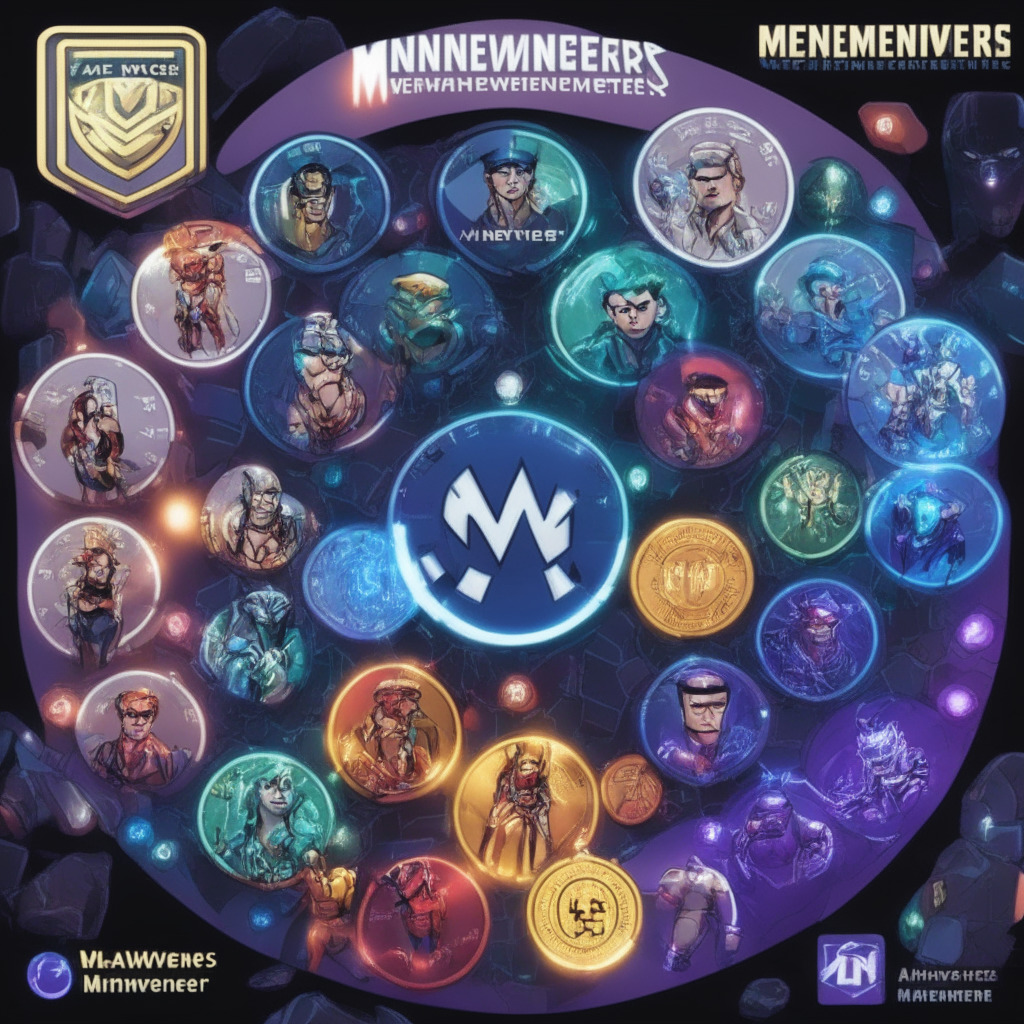On a sunny day in Venice, California, wellness and technology enthusiasts gathered to meditate and celebrate the summer solstice, guided not by spiritual leaders but by artificial intelligence. Ogimi is the first AI-guided meditation coach, founded by David Gull, and is built on top of OpenAI’s ChatGPT GPT-4 technology. Every meditation experience on the platform is generated in real-time, tailored for the user’s specific needs and personal journey.
While rapid advancements in AI have led experts and policymakers to warn about potential dangers, such as adverse impacts on users’ well-being, others are striving to bring AI into spaces that foster inner peace. Earlier this month, four ChatGPT-based avatars even led a church service for over 300 Protestant Christians in Germany.
Ogimi aims to provide one-on-one coaching and guidance that are often missing in other meditation apps, a feature which typically requires an in-person visit with a meditation coach. Gull believes this unique aspect offers personalized attention that everyone deserves in their practice. Ogimi offers free and paid monthly subscriptions, with its “Monk Mode” unlocking all features for $9.99 a month.
However, the idea of AI replacing human coaches may raise eyebrows for some due to potential job replacement fears. Gull sees AI as a consolidation of human knowledge that transcends time andVolume constraints instead of being a dystopian concept. This allows the AI-guided coach to learn from more data than a single individual coach could ever encounter.
Nonetheless, concerns about AI hallucinations and potential misuse of Ogimi are acknowledged by Gull. To mitigate these risks, the AI is given guide rails and instructed to be benign, helpful, and generate content tailored to user needs. The platform also uses tools from OpenAI to flag inappropriate content.
Ultimately, Gull remains optimistic about the future of AI in improving the effectiveness of wellness coaches and sees its applications expanding beyond guided meditations. With AI set to enhance the efficiency of professionals across various industries, including lawyers and doctors, the rate of progress could reach new heights.
The personalization provided by AI coaches like Ogimi may be seen as a step forward in better catering to individuals’ needs, ultimately providing a more therapeutic and effective meditation experience. However, there is still a long way to go in addressing concerns surrounding AI’s broader implications on well-being and potential misuse. As technology continues to grow and impact our lives, the balance between embracing AI’s potential benefits and mitigating its associated risks will be paramount to building a harmonious future.
Source: Decrypt




